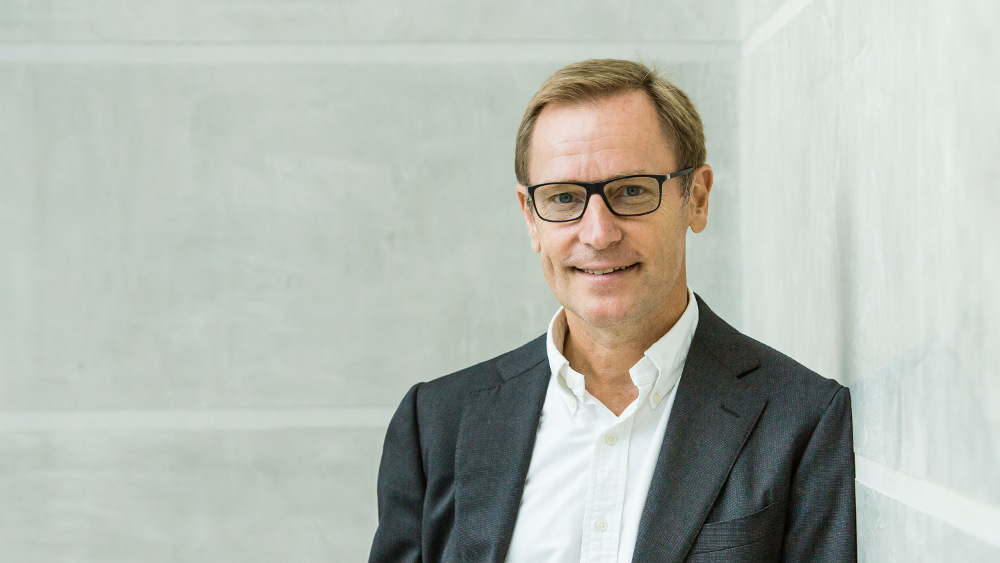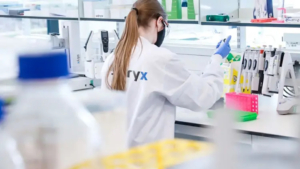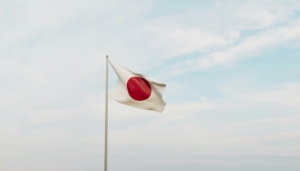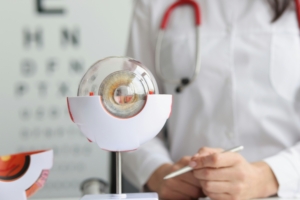
Microbial game-changers
How do novel technologies affect the world's largest enzyme producer? At the GBS, European Biotechnology asked Thomas Videbaeck, PhD, COO and Executive VP Research, Innovation and Supply.
EuroBiotech_ How does the new commitment by policymakers to accelerate the bioeconomy affect your business?
Videbaeck_ Novozymes has been an enzyme producer for more than 60 years and bioeconomy is our core business. So we are not talking about the future but our current reality. However, it’s correct that we have seen more interest in the area over the past two decades or so. That’s very helpful and we certainly see more understanding about what kind of solutions the bioeconomy can provide. Look at the biofuel industry in the US: it caused a shift towards the bioeconomy, creating half a million jobs and significant reduction in CO2 emissions. The sugars from first and second generation biomass sources are already available now. We can convert them into biofuels and chemical building blocks.
EuroBiotech_ How long will it take for the chemical industry to embrace biobased plants to replace petrochemically based production networks, which have been optimised for several decades?
Videbaeck_I think an important factor is the cost. A new biobased process doesn’t offer the same earnings and economy of scale as a petrochemical process that has been optimised over decades. But it has to be competitive. So it will be a long transition, but may be sped up, depending on political pressure. It could take decades, but it will happen. We already see molecules in the market that can replace petroleum-based products. For the sake of the next generation, the world needs to do things differently.
EuroBiotech_What impact does the progress in molecular biology have on the bioeconomy and Novozymes’s work?
Videbaeck_Metagenomics, data digitalisation, and gene-editing have significantly improved our opportunities to screen functionalities, without the need to cultivate a microbe, and to optimise enzymes. We use artificial intelligence to compare regions in molecules and to find the best suited enzyme candidate or to interpret changes in fermentation parameters.
EuroBiotech_Will we see synthetic organisms in the future?
Videbaeck_From Novozymes’s perspective, they will not be necessary. We have very good production strains and our strategy is to take the natural basis and optimise it. So finding new backbones for laundry enzymes is more interesting for us.
Thomas Videbaeck is the VP and COO for Research, Innovation, and Supply at Novozymes, where he has held diverse key functions since 1998, spanning both the commercial and operational side of the business. Previously, the chemical engineer and B.Com. in International Business (Copenhagen Business School) worked for Novo Nordisk A/S.
First published in European Biotechnology Magazine Summer edition 2018


 Sitryx Therapeutics
Sitryx Therapeutics
